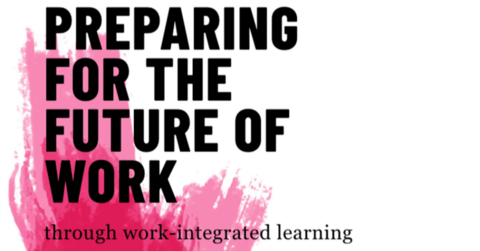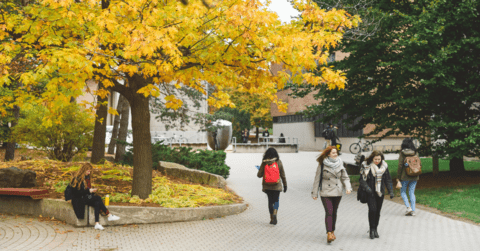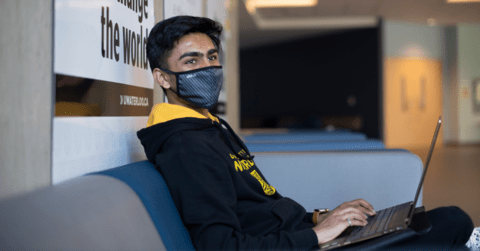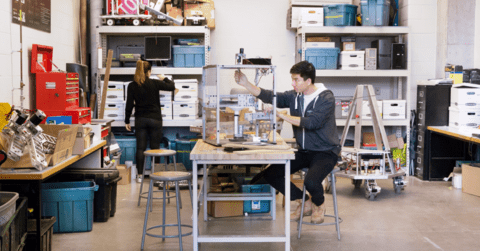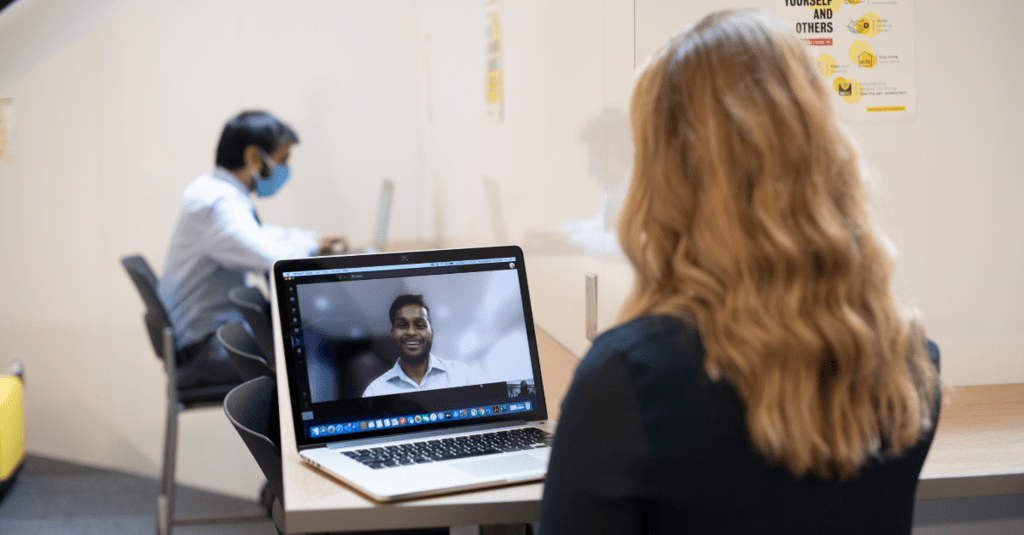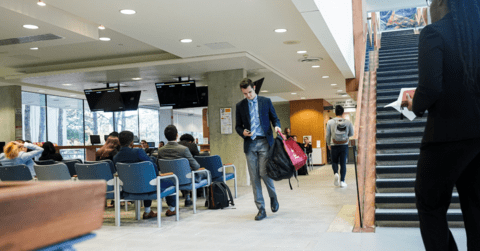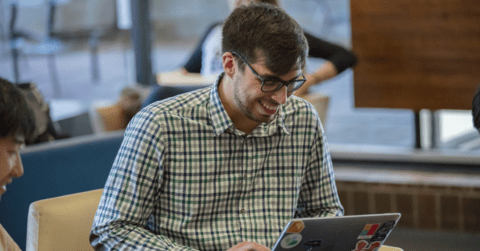Future of work and work-integrated learning
The Fourth Industrial Revolution is here and is forcing organizations and workplaces to think critically about the future of work, and how they will adapt to the associated changes. In this project, our team conducted a rapid review of 32 reports on the future of work published by Canadian and international organizations.
